Physics
-
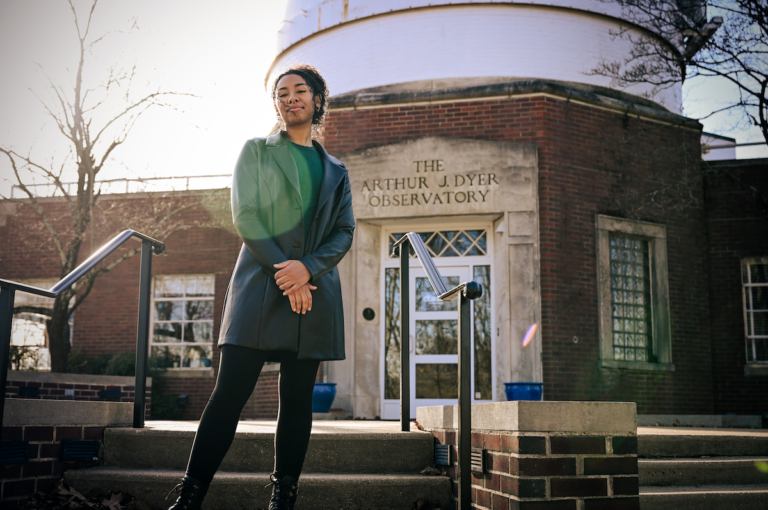
Bridging the gap: Combining music and astrophysics to improve representation in science
Vanderbilt graduate student Shaniya Jarrett created a community outreach project that introduces Black girls to astronomy by incorporating music. AstroBeats: Sounds of the Cosmos brings together local middle-school Black girls to translate NASA data into unique musical compositions, teaching the importance of thinking creatively about how to interpret scientific data. Read MoreFeb 29, 2024
-
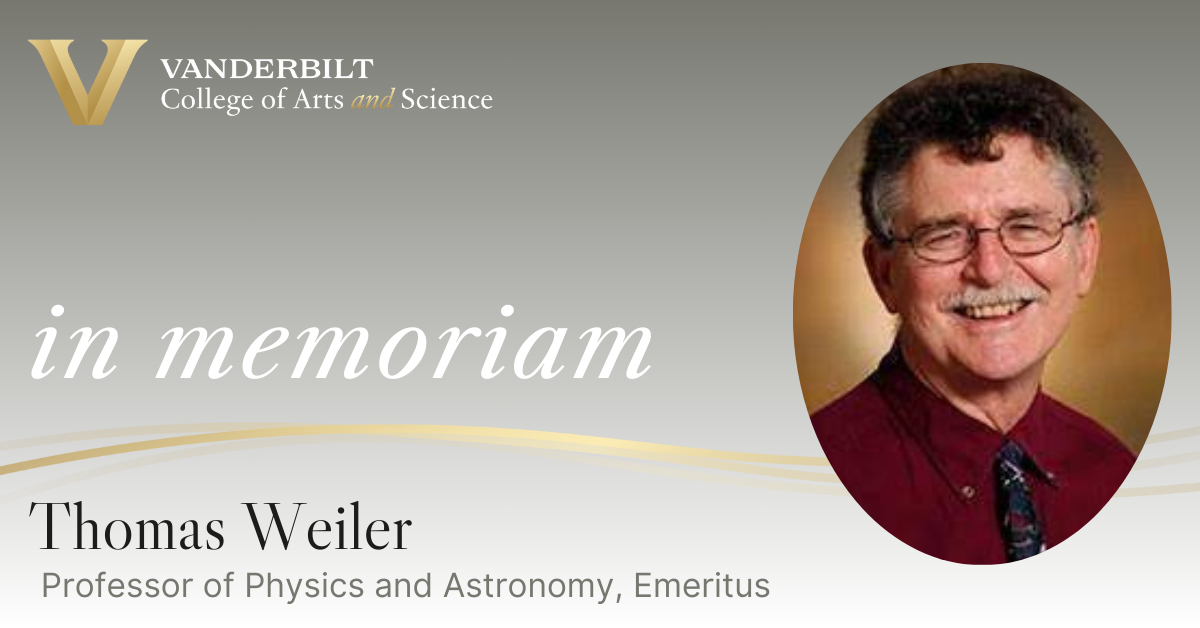
Thomas Weiler, emeritus professor of physics and astronomy, has died
Thomas Weiler, professor of physics and astronomy, emeritus, died December 17, 2023, after enduring a progressive neurodegenerative variant of Parkinson’s disease. He was 74. Read MoreJan 29, 2024
-
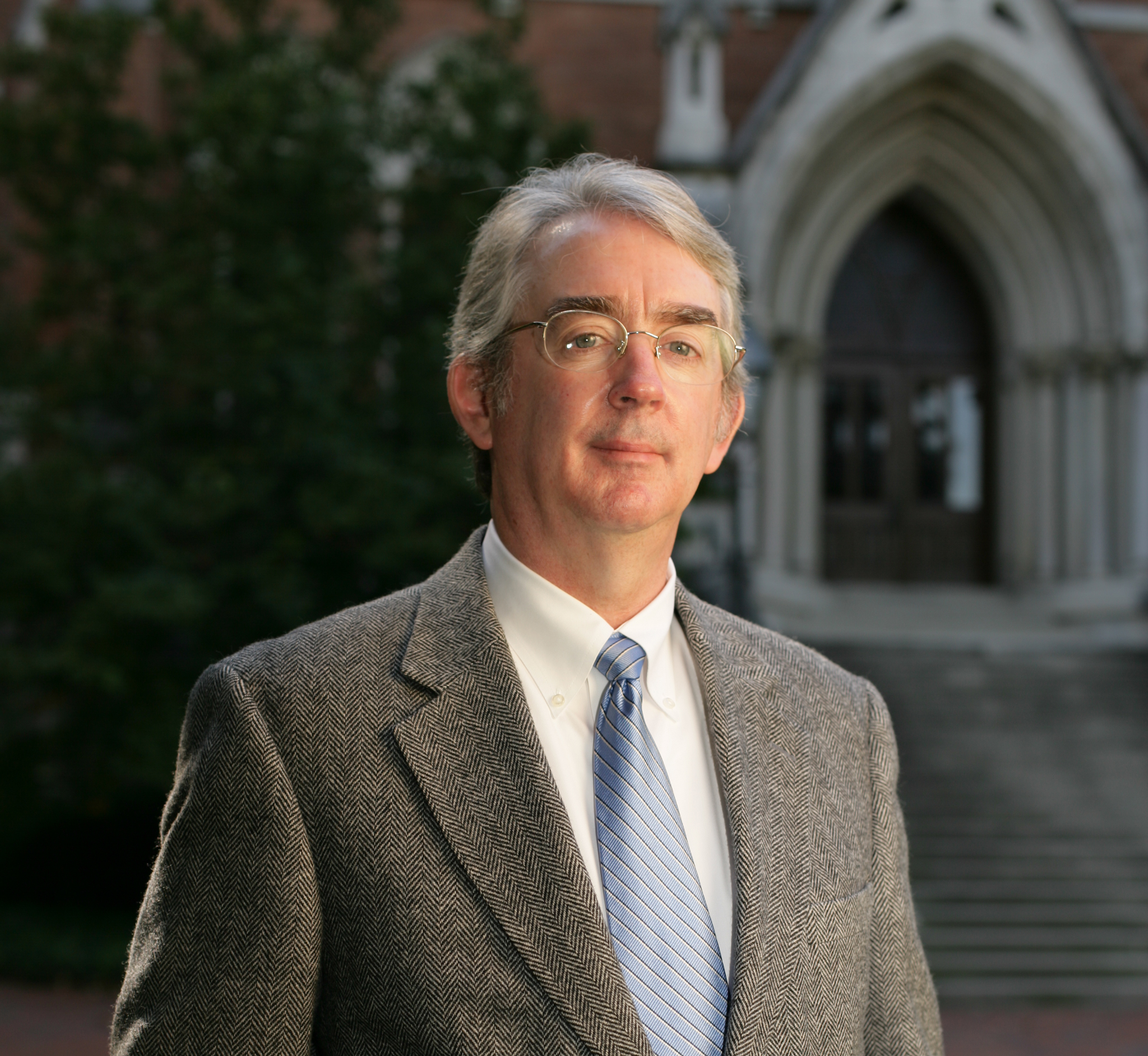
Dennis G. Hall, dean emeritus, professor and Vanderbilt’s first associate provost for research, has died
Dennis G. Hall, Vanderbilt’s first associate provost and later vice provost for research, dean emeritus of the Graduate School, professor emeritus of physics and professor emeritus of electrical engineering and computer science, died Jan. 6 in Nashville. Read MoreJan 16, 2024
-
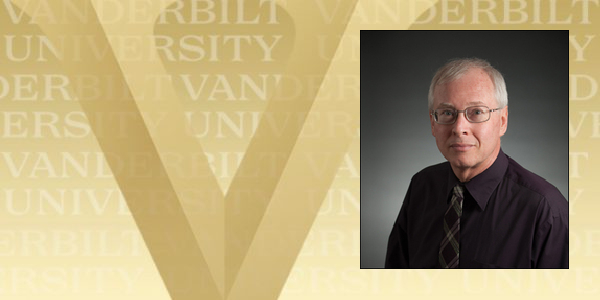
Daniel Fleetwood named distinguished National Academy of Inventors Fellow
Daniel M. Fleetwood, Olin H. Landreth Professor of Engineering, has been named a National Academy of Inventors Fellow, the highest professional distinction awarded solely to academic inventors. Read MoreDec 12, 2023
-
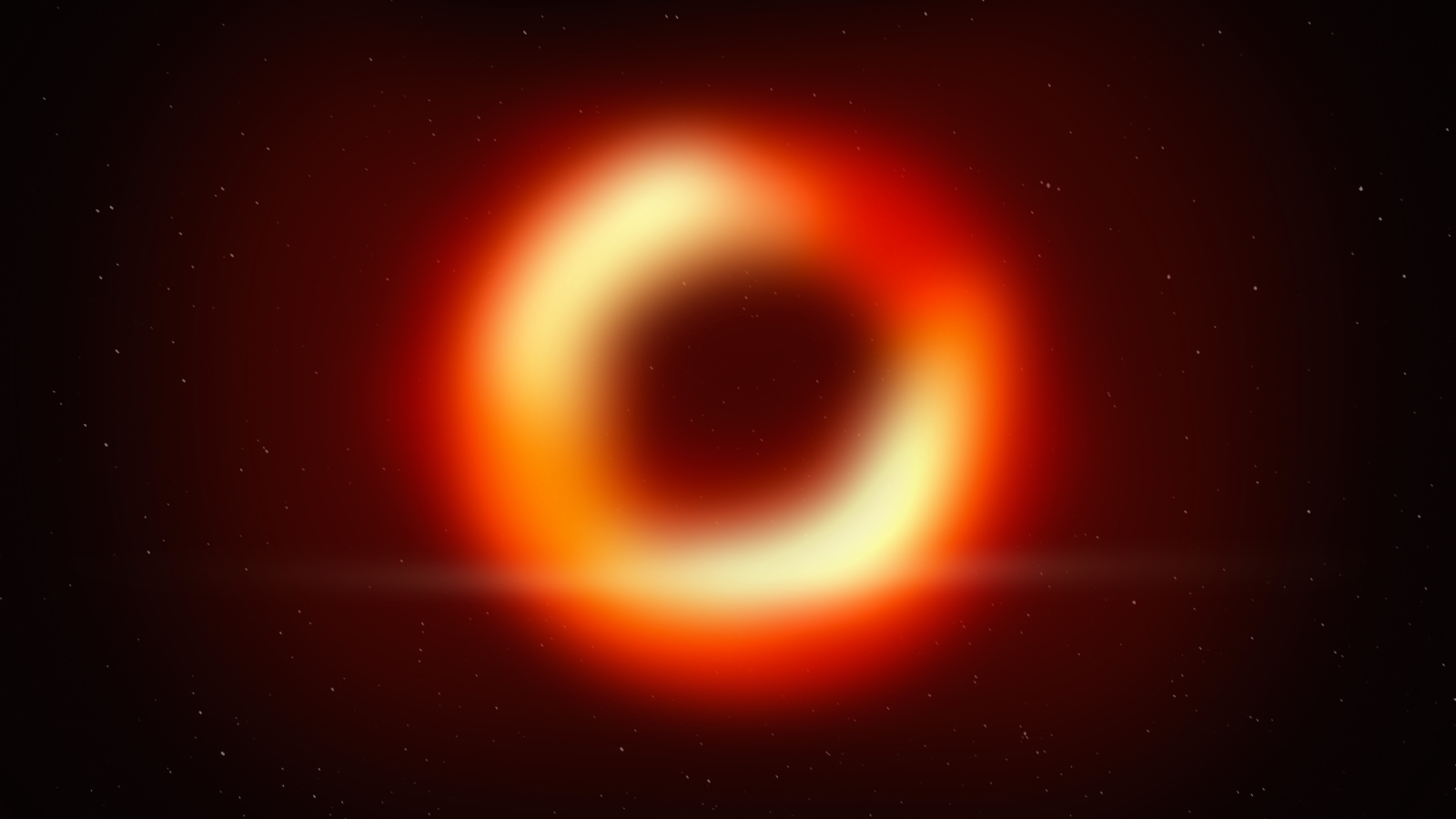
Alex Lupsasca wins New Horizons in Physics Prize from the Breakthrough Prize Foundation
Assistant Professor of Physics and Mathematics Alex Lupsasca has won a 2024 New Horizons in Physics Prize for his theoretical work on the interpretation of black hole images and his proposal of a new method for using super-powered telescopes to look closely at black holes and their invisible fingerprints called photon rings. Read MoreSep 14, 2023
-
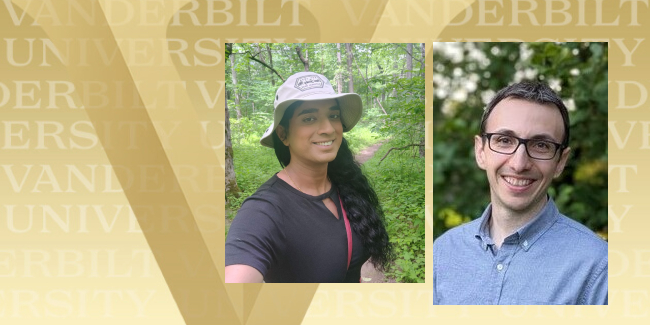
Two Vanderbilt nuclear physicists win early-career grants from U.S. Department of Energy
The U.S. Department of Energy is funding two Vanderbilt early-career nuclear physicists’ exploration of the universe’s properties and composition. Raghav Kunnawalkam Elayavalli and Jean-François Paquet, assistant professors in the Department of Physics and Astronomy and members of the multidisciplinary Vanderbilt Initiative for Gravity, Waves and Fluids, have been identified as among the nation’s most exceptional researchers. Read MoreAug 4, 2023
-

International collaboration yields breakthrough that could revolutionize computing technologies
Scientists from Vanderbilt and UCAS made a breakthrough in single-atom vibrational spectroscopy in graphene, crucial to understanding materials’ thermal properties and nanophotonics. Read MoreMar 28, 2023
-
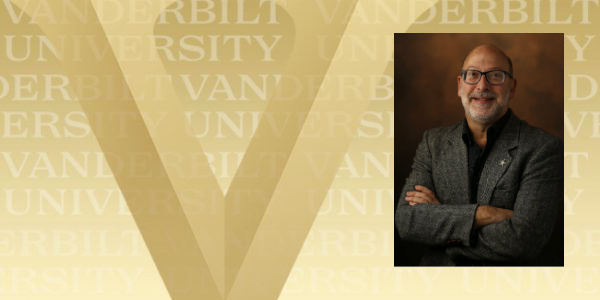
David Weintraub elected 2023 American Astronomical Society Fellow
David Weintraub, professor of astronomy, was named an American Astronomical Society fellow for his groundbreaking research and his work in communicating astronomy to the public. Read MoreFeb 8, 2023
-
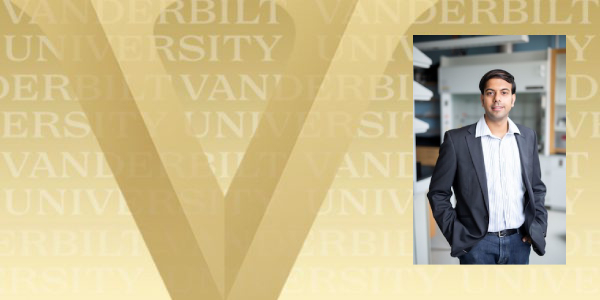
Grant will further quest for first-ever high-resolution imaging of live, active viruses
Piran Kidambi, assistant professor of chemical and biomolecular engineering, has been awarded a grant to further his research into capturing high-resolution images of live viruses in tissues. The three-year grant from Chan Zuckerberg Initiative’s Frontiers of Imaging is one of 20 awarded worldwide with the aim of revolutionizing the study of viruses, human health and vaccines. Read MoreFeb 8, 2023
-

Five Vanderbilt faculty elected as 2022 American Association for the Advancement of Science fellows
Five Vanderbilt University and Vanderbilt University Medical Center faculty members were elected 2022 fellows of the American Association for the Advancement of Science. Read MoreJan 31, 2023
-
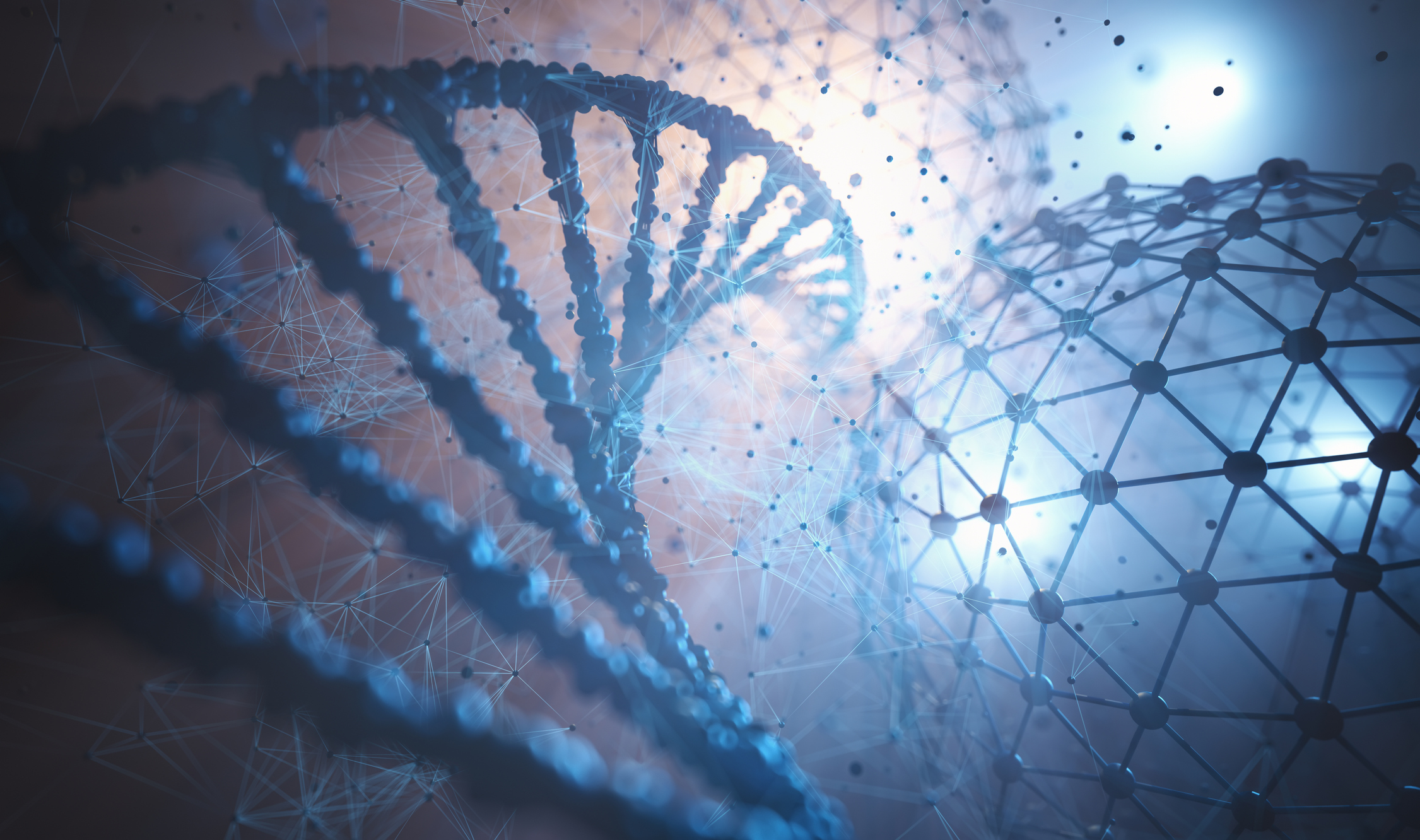
Wikswo and VIIBRE team on track to build third-generation ‘self-driving lab’ with $1M from National Science Foundation
Vanderbilt and Chalmers University of Technology are teaming up to build a self-driving biological laboratory that uses microfluidics, artificial intelligence and machine learning to create a third-generation robot scientist that designs and conducts the massive number of experiments needed to fully characterize cellular signals and pathways and optimize biotechnologies. Read MoreMar 4, 2022
-
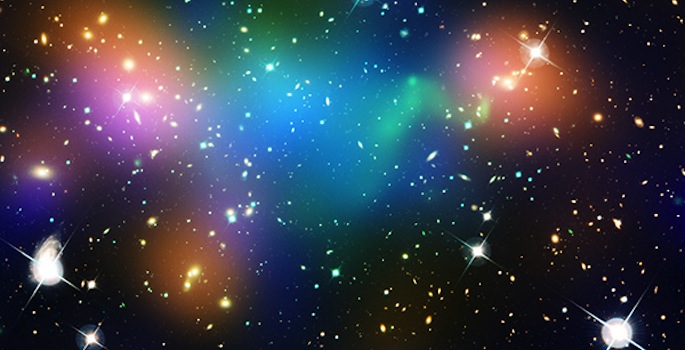
Vanderbilt receives $3M from National Science Foundation to launch cutting-edge astronomy graduate program
Vanderbilt University researchers from the departments of physics and astronomy, math, electrical engineering, and history have received a $3 million National Science Foundation Research Traineeship Award to establish a graduate certificate program in the emerging field of multimessenger astronomy. Read MoreJan 18, 2022
-
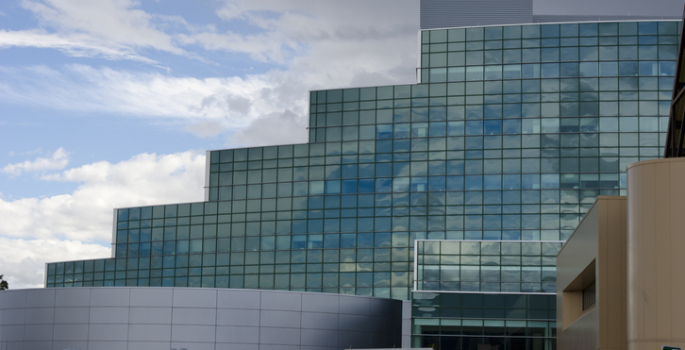
Vanderbilt students selected by the Department of Energy’s Office of Science Graduate Student Research Program
Vanderbilt graduate students Luis Bichon and Brandon Tyler Blankenship have been selected for the Department of Energy’s Office of Science Graduate Student Research program and will pursue their research on high-energy nuclear physics at Los Alamos National Laboratory. Read MoreJun 1, 2021
-

Research Snapshot: New microscopy technique of electron distributions and theory unveils a feature that can shape applications of a class of quantum materials
Theory and experimental data on an electride, a member of a class of exotic materials, unveil new secrets that may impact technology developments. Est. reading time: 2 mins. Read MoreApr 7, 2021
-
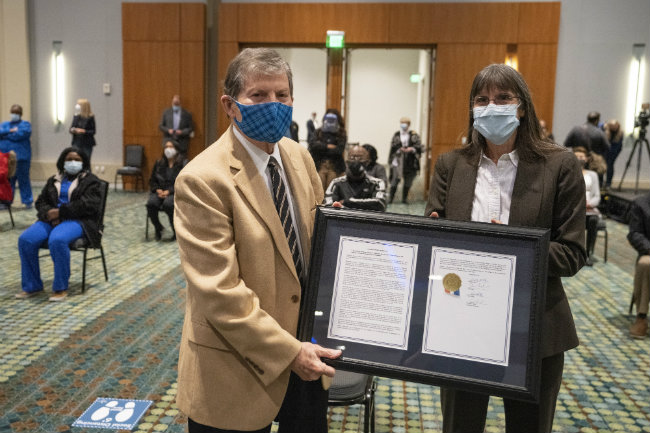
Vanderbilt University physicist honored by Metro Council
Nashville Metro Council has honored Vanderbilt nuclear physicist Joseph Hamilton for his role in the discovery and naming of chemical element 117, known as tennessine on the periodic table of elements. Read MoreNov 6, 2020
-

Physics grad student embraces ‘dissertation-at-home’ format for creative presentation
For graduate students nearing the end of their programs, COVID-19 has created an unexpected challenge: remotely presenting an effective and engaging dissertation defense. That was the new reality for Kyle Godbey, a graduate student of physics at Vanderbilt studying nuclear reactions. Read MoreMar 25, 2020
-

Nanoscale origami: Smallest-ever, atomically precise structures set stage for quantum breakthroughs
New technique for manipulating graphene opens the door to new breakthroughs in quantum technology. Read MoreSep 6, 2019
-

Rare study of Earth-sized planet uses technique pioneered by Vanderbilt professor
A groundbreaking study, using data from NASA and a technique pioneered by a Vanderbilt professor, is giving humankind a glimpse at a distant exoplanet with a size similar to Earth and a surface which may resemble Mercury or Earth’s Moon. Located nearly 49 light-years from Earth, the planet known… Read MoreAug 19, 2019
-

Stassun appointed to Astro2020 Steering Committee
Vanderbilt University astrophysicist Keivan Stassun, Stevenson Professor of Physics and Astronomy, was named Tuesday to the National Academies’ Decadal Survey on Astronomy and Astrophysics (Astro2020) Steering Committee. Read MoreMay 22, 2019
-

Kudos: Read about faculty and student awards, appointments and achievements
Read about recent faculty and student awards, appointments and achievements. Read MoreApr 18, 2019